- Tags:
- Advocacy
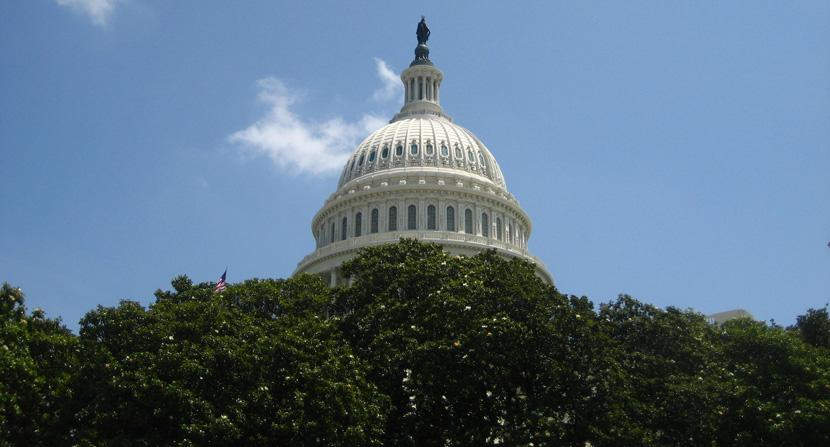
The United States Capitol in Washington, D.C. Photo Credit: Kyle Rush/Flickr Creative Commons.
Forest Society staff recently traveled to Washington D.C. to meet with all four members of New Hampshire’s Congressional delegation as part of the Land Trust Alliance’s (LTA) Advocacy Days. Accompanying the Forest Society was current Chairman of the LTA’s Board (and former Chairman of the Forest Society's Board of Trustees) Jamey French.
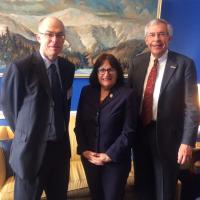
As we explained to the delegation, New Hampshire fortunately has not experienced the kinds of abuses of the conservation easement tax deduction that other regions have seen. However, these actions undermine the integrity of conservation easement donations everywhere. While the establishment of these tax shelters is complex (and confusing), recent data illustrates the scope of the problem nationally. According to the LTA, 2700 conservation easement transactions were completed in 2016 which protected 1.8 million acres across the country of significant natural, agricultural or historic resources across the country. The claimed deductions on these legitimate transactions was $1 billion. That same year, another 248 conservation easement transactions were completed that protected only 20,000 acres. The claimed value of those charitable deductions was $6 billion. The contrast here is troubling.
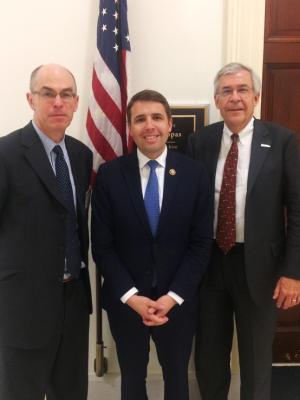
For further information on the Charitable Conservation Easement Program Integrity Act of 2019 visit the LTA website. Read an explanation on the syndication of conservation easement tax deductions here.
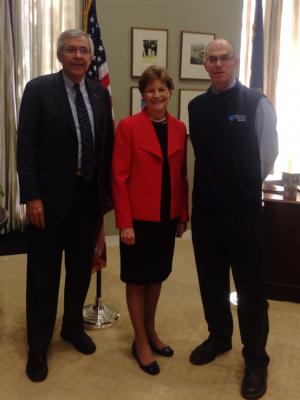
The program is facing two critical questions that will impact its short-term and long-term future. First, how to ensure it receives adequate funding for Federal Fiscal Year 2020? Second, how to secure the full and dedicated funding of $900 million promised to the program? In a bit of fortunate timing, Senator Shaheen joined several of her Senate colleagues in introducing S.1081 which proposes to provide permanent, dedicated funding for the Land and Water Conservation Fund. Backers of the program view this legislation as a key step towards answering both those questions. We would encourage readers to thank Senator Shaheen for her leadership on S. 1081. If you have a minute, we would also suggest thanking Senator Hassan for her support of the LWCF while asking her to continue this support by co-sponsoring S. 1081.
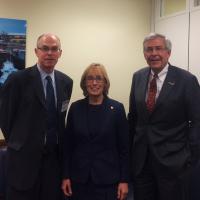
The positive reception we received in D.C. from the Congressional delegation shows that the New Hampshire land trust community has good friends in high places.
